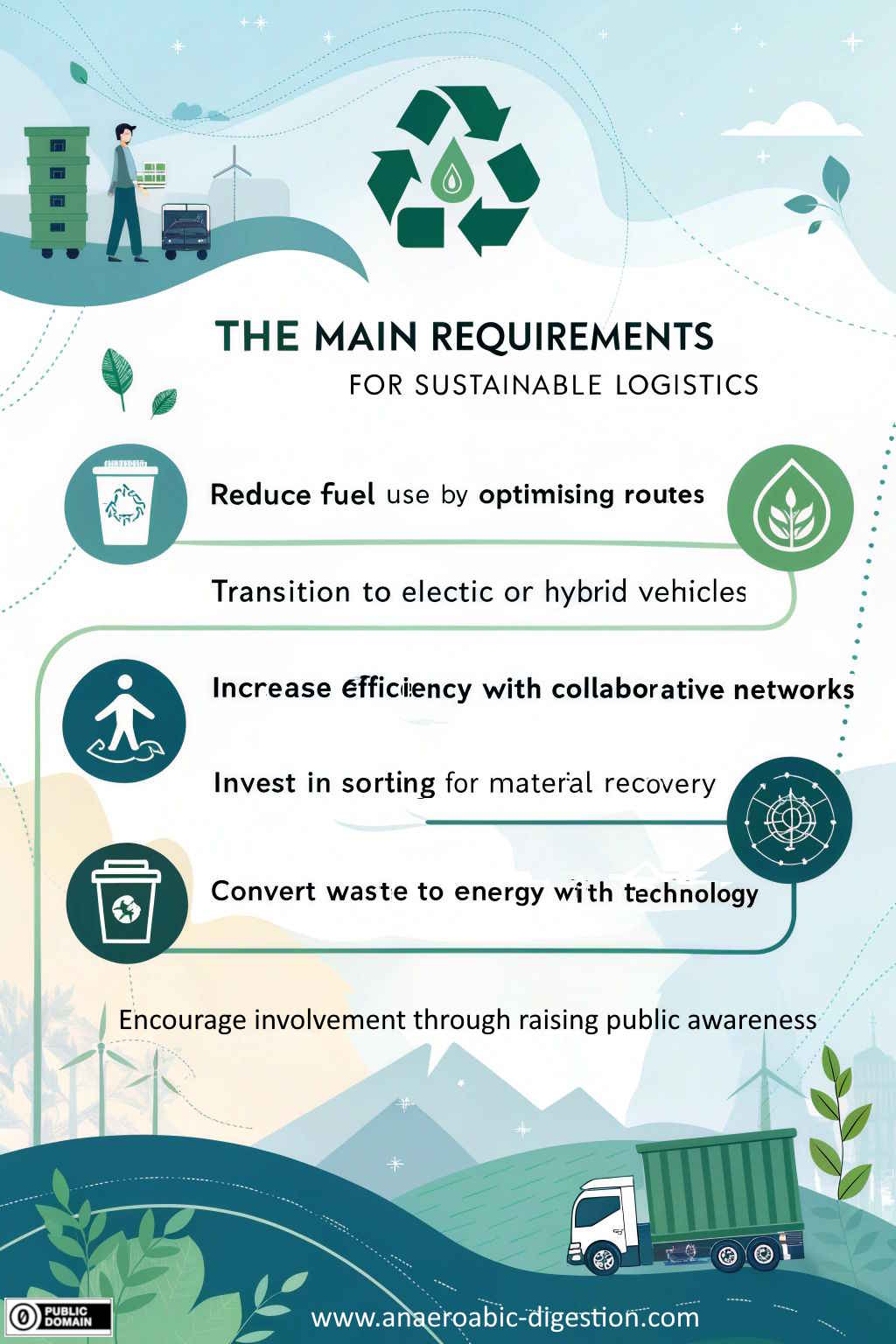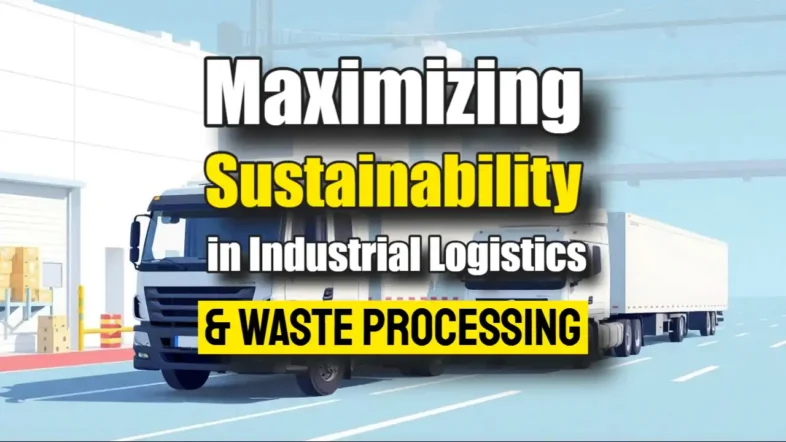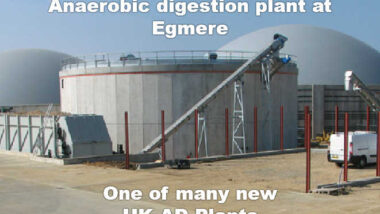Enhancing Sustainability in Industrial Logistics and Waste Management
Sustainability has become a key focus for industries aiming to minimize their environmental impact. The logistics and waste processing sectors, which play a vital role in global supply chains, must adapt to new, more sustainable practices. From decreasing carbon emissions to promoting circular economy principles, businesses are taking bold steps toward a greener future.
This post explores some key strategies to maximize sustainability in industrial logistics and waste processing and how businesses can implement them effectively.

Sustainable Practices in Industrial Logistics
Industrial logistics involves transporting and distributing raw materials, goods, and finished products. These processes can be highly energy-intensive, contributing significantly to carbon emissions. However, strategies can be employed to reduce the environmental footprint of logistics operations.
Optimizing Transportation Routes and Loads
Optimizing transportation routes is one of the most effective ways to decrease emissions. Companies can avoid congested roads and reduce fuel consumption using advanced route-planning technologies and GPS systems. Moreover, optimizing load capacity ensures that vehicles carry full loads, minimizing the required trips. This not only saves fuel but also cuts down on vehicle emissions.
Investing in Electric and Hybrid Fleets
Transitioning to electric or hybrid vehicles for transportation is an important step towards sustainable logistics. Electric vehicles (EVs) are significantly more energy-efficient than traditional trucks and have zero tailpipe emissions. Although the initial investment may be high, the long-term savings on fuel and maintenance, with government incentives, make EVs an appealing option for companies looking to reduce their carbon footprint.
Collaborative Transportation Networks
Collaboration within the industry is another powerful tool. By sharing transportation networks, companies can increase load efficiency and reduce the number of vehicles on the road. Digital platforms, such as shiply.com, help businesses find reliable carriers with available space, facilitating the consolidation of loads across different companies. This collaborative approach reduces the need for empty runs and lowers emissions associated with transportation.
Sustainability in Waste Processing
The waste processing industry also plays a crucial role in sustainable industrial operations. With the increasing global focus on reducing waste and promoting recycling, companies are seeking innovative ways to minimize waste that is sent to landfills and promote resource recovery.
Implementing Circular Economy Principles
A circular economy approach focuses on decreasing waste and making the most out of resources. This includes designing products for longer life cycles, encouraging reuse and recycling, and ensuring that materials are easily recyclable. Waste processing companies are now adopting these principles by investing in advanced sorting technologies that separate valuable materials for reuse. This reduces the need for new raw materials, lowers energy consumption, and curtails waste generation.
Waste-to-Energy Technologies
Waste-to-energy (WTE) technologies have become increasingly popular as a means of converting non-recyclable waste into renewable energy. By harnessing the energy from waste materials, companies can reduce landfill waste and generate electricity or heat, contributing to a more sustainable energy supply. This technology helps in managing waste and also decreases the reliance on fossil fuels.
Increasing Public Awareness and Participation
Sustainability in waste processing is not only about technological innovations but also about encouraging responsible consumer behavior. Public awareness campaigns that promote waste reduction, segregation, and recycling can substantially reduce the burden on waste processing facilities. Encouraging industries and consumers to adopt best practices can greatly boost the sustainability of waste management.
Final Thoughts
Maximizing sustainability in industrial logistics and waste processing requires a combination of innovative technologies, strategic planning, and collaboration across industries.
Whether it’s through optimizing transportation routes, transitioning to electric fleets, or adopting circular economy practices in waste processing, businesses have many tools at their disposal to reduce their environmental impact.
The focus on sustainability is an ethical and economic imperative, as sustainable practices often lead to operational efficiencies and cost savings in the long run. By taking these proactive steps, companies can help pave the way toward a greener, more sustainable industrial future.






